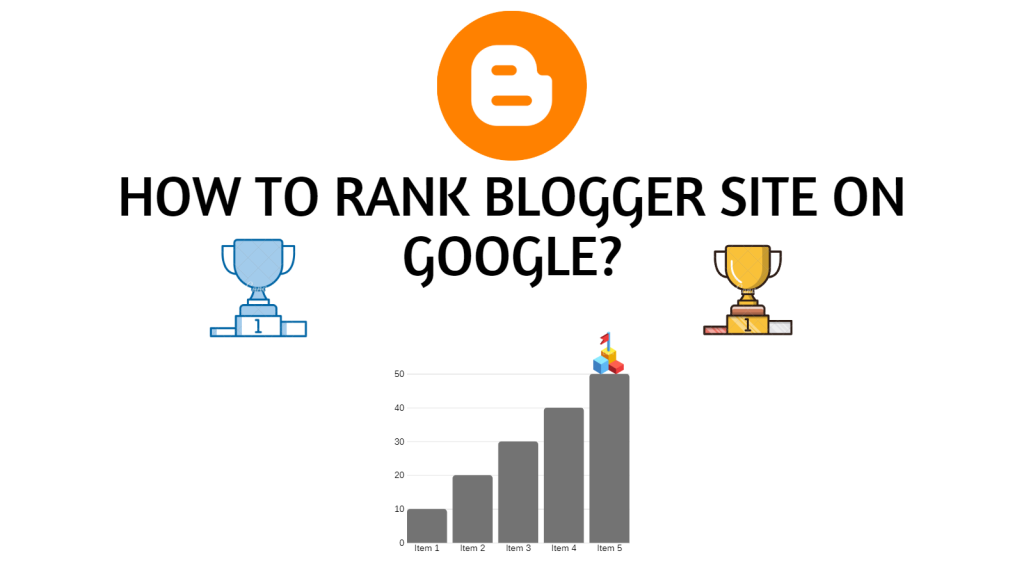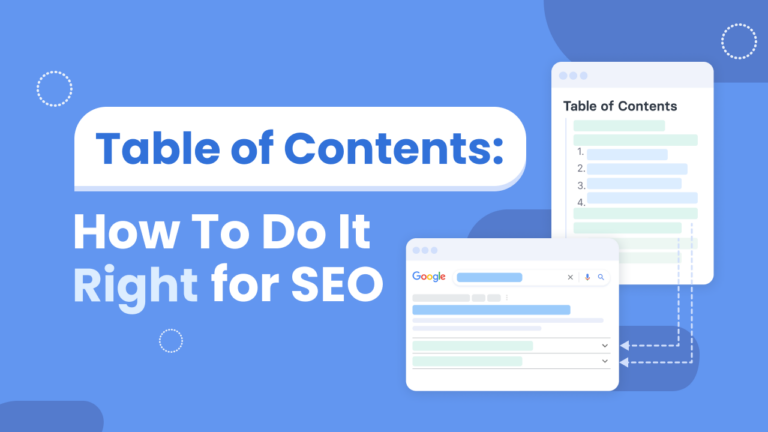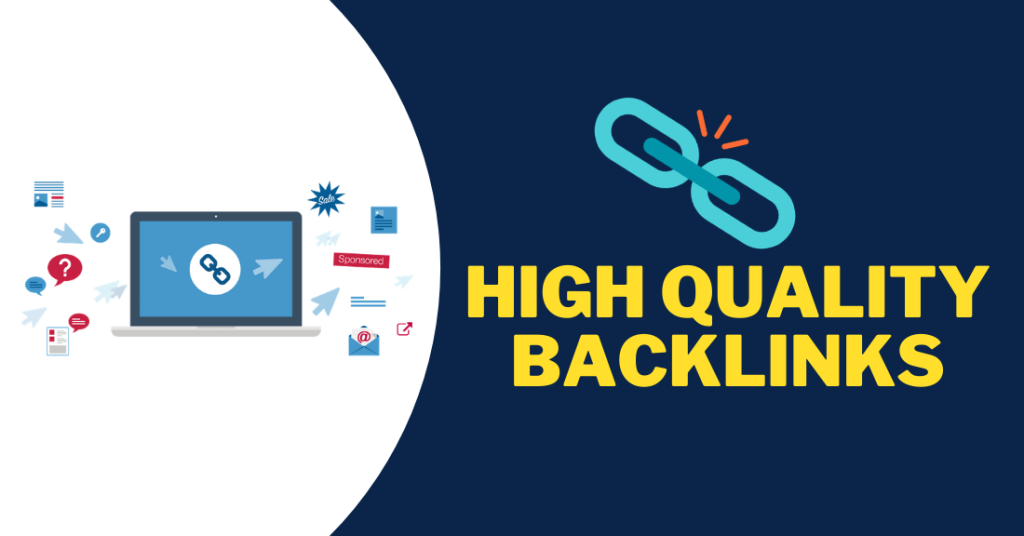
Hey all,
Today, I am going to teach you how to rank blogger websites on Google.
Introduction –
Are you looking to boost your Blogger website’s visibility on Google and attract more organic traffic? In this comprehensive guide, we’ll walk you through effective strategies to optimize your Blogger website for search engines and improve its chances of ranking higher on Google’s search results. Whether you’re a beginner or an experienced blogger, these techniques will help you enhance your website’s SEO and drive more visitors to your content.
Table of Contents:
- Understand Your Audience
- Conduct Keyword Research
- Create Quality and Engaging Content
- Optimize On-Page SEO Elements
- Ensure Mobile-Friendly Design
- Improve Page Loading Speed
- Build High-Quality Backlinks
- Leverage Social Media for Promotion
- Craft Compelling Meta Tags and Descriptions
- Keep Your Content Updated
- Monitor Progress with Analytics

Understand Your Audience –
Before diving into SEO techniques, understand your target audience’s preferences, pain points, and interests. Knowing your readers will help you tailor your content and keyword choices to match their search intent accurately.
Conduct Keyword Research –
Use tools like Google Keyword Planner, SEMrush, or Ahrefs to discover relevant and high-volume keywords related to your blog’s niche. Focus on long-tail keywords that reflect user intent and have lower competition.
Create Quality and Engaging Content –

Craft informative, well-structured, and valuable blog posts that cater to your audience’s needs. Aim for long-form content, which tends to perform better in search engines and provides in-depth insights to your readers.
Optimize On-Page SEO Elements –
Optimize your blog post titles, meta descriptions, and URLs with targeted keywords. Use heading tags (H1, H2, H3, etc.) to organize your content logically and make it easier for both readers and search engines to understand.
Ensure Mobile-Friendly Design –
Google prioritizes mobile-friendly websites, so ensure your Blogger website is responsive and provides a seamless user experience across different devices.
Improve Page Loading Speed –
Optimize your website’s loading speed by compressing images, leveraging browser caching, and minimizing unnecessary scripts. Faster loading times enhance user experience and positively impact search rankings.
Build High-Quality Backlinks –

Earn authoritative and relevant backlinks from other websites to demonstrate your site’s credibility to search engines. Focus on creating shareable content and reaching out to fellow bloggers for guest posting opportunities.
Leverage Social Media for Promotion –
Share your blog posts on various social media platforms to increase visibility and reach a broader audience. Social media signals indirectly influence search engine rankings.
Craft Compelling Meta Tags and Descriptions –
Write persuasive and relevant meta tags and meta descriptions for each blog post. These elements appear in search results and can entice users to click through to your content.
Keep Your Content Updated –
Frequently update your blog with fresh, relevant, and valuable content. Regularly publishing new posts signals search engines that your website is active and can improve your search rankings.
Monitor Progress with Analytics –
Utilize tools like Google Analytics and Google Search Console to monitor your website’s performance, track traffic, and identify areas for improvement. Analyze the data to make data-driven decisions for your SEO strategy.
Conclusion:
By implementing these SEO best practices and consistently applying the strategies outlined in this guide, you can significantly improve your Blogger website’s chances of ranking higher on Google. Remember, SEO is an ongoing process, and patience and persistence are key. With dedication and adaptability, you can achieve long-term success and grow your blog’s visibility and audience. Happy blogging!






Leave a Reply
You must be logged in to post a comment.